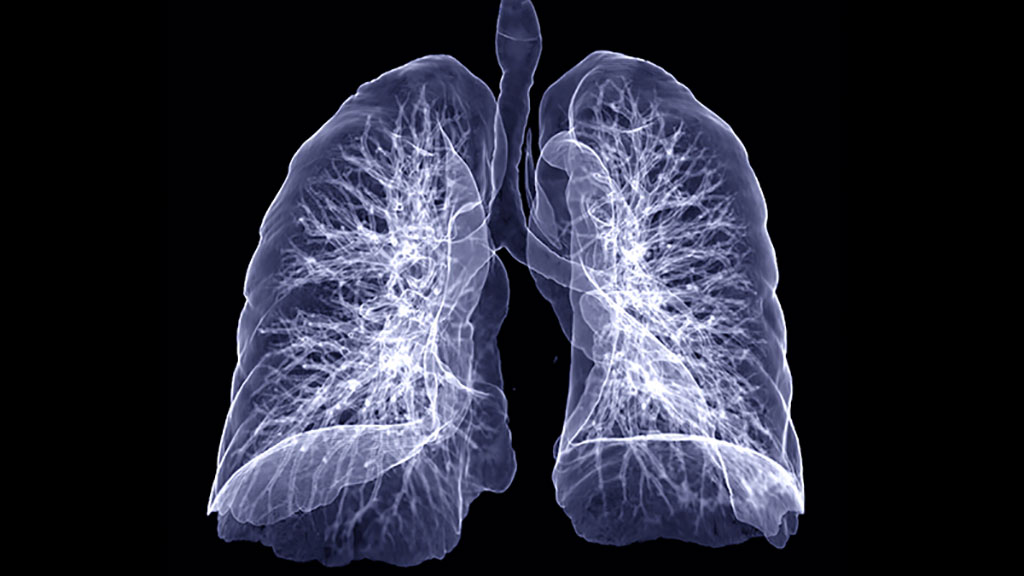Simple Blood Test May Help Improve Accuracy of Lung Cancer Screenings
Posted on 14 Jul 2022
Annual screenings of patients at high risk for lung cancer can catch tumors early and improve a patient’s long-term prognosis. However, low-dose computer tomography (LDCT) has a high false-positive rate that can lead to unnecessary biopsies. Researchers have now found a biomarker in the blood that can complement LDCT by distinguishing non-small-cell lung cancer (NSCLC) from benign nodules without an invasive biopsy.
A team of researchers from the University of Missouri-Columbia (Columbia, MO, USA) collected blood samples from 221 patients, including 90 NSCLC patients, 74 high-risk screening patients with either no or benign nodules and 37 patients determined to have suspicious nodules detected by LDCT. The researchers also tested a control group of 20 people who had never smoked who were at low risk for lung cancer. The team found CTCs in all 90 patients with NSCLC, none of the patients in the control group, and in 29 of 37 patients with suspicious nodules.

They also found TMF cells in some NSCLC patients, and those were not present in patients with benign nodules. The team found that the rarity of TMF cells may make them unsuitable biomarkers for early cancer detection. Only 48% of patients with NSCLC tested positive for giant TMF cells. The next step is to conduct a prospective, large-scale, multicenter clinical trial to validate the role cellular liquid biomarkers play in improving diagnostic accuracy.
“It’s a simple blood test that checks for two things: circulating tumor cells (CTCs) that detach from a primary tumor and circulate in the blood, and tumor-macrophage fusion (TMF) cells that have been determined to be highly prognostic for poor survival after lung cancer surgery,” said study author Jussuf Kaifi, MD, a cancer surgeon at MU Health Care and an assistant professor of surgery at the MU School of Medicine.
“This study demonstrated that integrating cellular liquid biomarkers, CTCs and TMF cells into standardized LDCT screening protocols can improve accuracy of NSCLC detection in high-risk patients who have nodules detected by LDCT,” added Kaifi. “This is a promising finding that can potentially improve the screening process, improve cancer outcomes and reduce unnecessary interventions and associated morbidities.”
Related Links:
University of Missouri-Columbia













